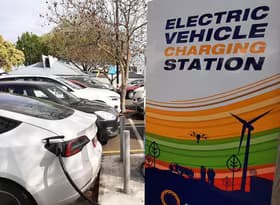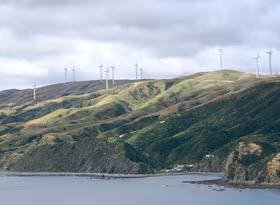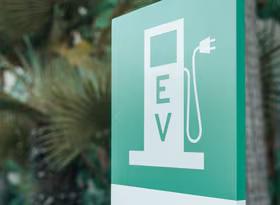Articles
Electric vehicle (EV) uptake in New Zealand has been accelerating over the last few years. Uptake was helped along with financial incentives including the Clean Car Discount scheme and the exemption of EVs from paying road user charges (RUC). With the discount scheme gone and EV owners about to start paying RUC, the trajectory is likely to change. Read
New Zealand’s greenhouse gas reduction targets are a critical part of moving towards a more resilient and sustainable model of production. An important, and underdiscussed part of this conversation, is the notion of Read
In this article we look at how a price on agricultural emissions that is lower than that paid elsewhere in the economy imposes a cost on New Zealand citizens that could reach an average of $1,000 per person by 2030. Read
Between April and December last year, Clean Car Discount fees totalled $105m and rebates totalled $203m, which means the scheme distributed nearly double the revenue it brought in. The Discount scheme was designed to be self-funding, so the gap between fees and rebates needs to be addressed. To close the funding gap, the most straightforward approach would be to either lower the level of rebates, increase the level of fees, or a combination of the two. Read
New Zealand has a price on greenhouse gas (GHG) emissions, primarily carbon dioxide emissions. This pricing mechanism is the essence of the Emissions Trading Scheme (ETS). The scheme will over time, given a cap on total emissions, lead to lower gross emissions and lower net emissions (gross emissions less sequestration by forestry). Read
In its advice to the government, the Climate Change Commission (CCC) recommends the urgent development of a long-term national energy strategy to decarbonise the energy system and ensure the electricity sector is ready to meet future needs. Read
The New Zealand Climate Change Commission has released its final report; Ināia tonu nei: a low emissions future. The report is over 400 pages, with about the same amount again in the form of supporting material. Overall the results from the analysis are very similar to those in the draft report, albeit with some significant changes regarding the rate of uptake of electric vehicles, the output of emission-intensive industries and emissions reduction options in pastoral farming. Read
In 2016 a large group of international economists including four former Federal Reserve Chairs and 27 Nobel laureates made a number of recommendations on climate policy. At Infometrics we have explored the effects of a ‘tax and rebate’ policy with a detailed model of the New Zealand economy. Read
The past decade has seen infrastructure investment in our three waters heavily watered down. Compounding the issue, over recent years, New Zealand has had surging population growth. The lack of investment, coupled with intense demand growth, has been placing huge pressure on our pipes. Read
Plastic packaging is being talked about more than any other time since it was first invented. With single-use plastic bags now banned, and our ability to outsource soft plastic recycling overseas becoming less viable, there are some fundamental shifts occurring for New Zealand. With more efforts to switch to reusable alternatives, and a rethink about plastic recycling, we need to focus much more on how we manage our waste. Read




